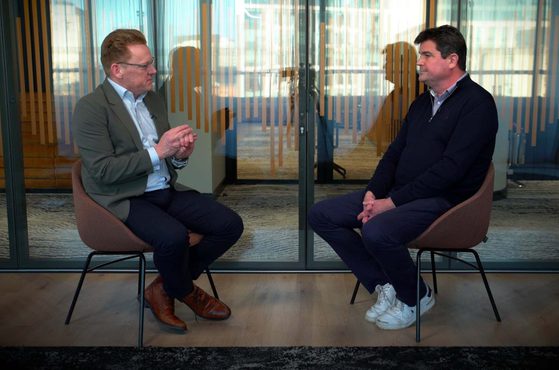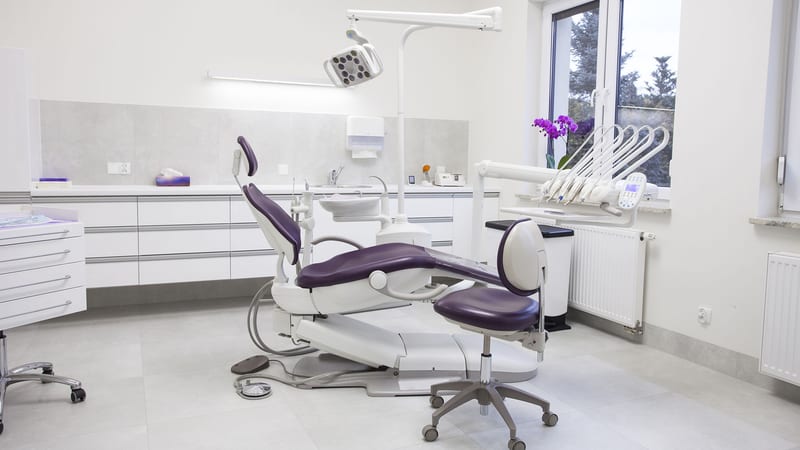Making acquisitions work — 5 practical lessons from 25 years of deal experience

We set out the practical lessons, human factors and challenges that shape successful transactions, covering strategy, due diligence and post‑completion.
Read more
We make the difference. Talk to us: 0333 004 4488 | hello@brabners.com
AuthorsEugene Pena

Whether you're looking to set up, sell or purchase a dental practice, you'll need make an application to the CQC.
Here, Eugene Pena lists the key considerations to help you prepare successfully.
As a dental service provider, you'll need to register with the Care Quality Commission (CQC). Yet before registering, you need to make the correct application — so having a clear view of how you are going to trade is key.
There are three ways to register with the CQC:
There are further requirements that apply to partnerships and organisations. It's a condition of the provider’s registration to appoint a registered manager. For partnerships, this could be one or both of the partners or even the practice manager. For organisations (referring specifically to private limited companies), this can be the director or the practice manager.
Notably, a manager must meet specific requirements relating to registered managers.
The requirements for organisations go a step further as there is a requirement to nominate an individual who'll act as the main point of contact with the CQC. The nominated individual should be a senior person with authority to speak on behalf of the organisation.
You must also provide details of the regulated activities you are applying for and the location from which those regulated activities will be carried out.
For general dental practices, the regulated activities are:
While practices specialising in orthodontics don't carry out surgical procedures, this doesn't always apply. Therefore, ensuring that you apply for the correct regulated activities is key.
When registering as a new provider, having a DBS check is a requirement. This must be obtained prior to an application being submitted. Knowing exactly who should apply is important — though depending on the type of application, not everyone involved will need a DBS check. However, be sure to apply for the correct DBS check (note that there are further requirements in respect of these).
There's more to the registration process than just completing and submitting the application forms and applying for a DBS check. You’ll also be required to provide a number of supporting documents. Failing to do so could lead to delays, especially given already tight deadlines.
The CQC will likely want to undertake a fit person interview with new applicants (including registered managers) and an inspection of the premises (either face-to face or remotely) will be carried out prior to successful registration.
The CQC application process can take 14 to 16 weeks (and sometimes longer), so timing is key. Applying too soon (for example, while negotiating a lease or sourcing equipment) can lead to the application being refused — after all, the CQC can't hold on to applications indefinitely.
Making an application later on in the process can lead to lost income. Your practice may be ready and patients might be booked in for treatment, but remember — you can't carry out any regulated activities if you're not registered. This is a criminal offence.
In the same way as when setting up a squat practice, sellers or purchasers of dental practices must also register with the CQC if they carry out any of the regulated activities (as above). Yet there are further considerations when making an application to the CQC as part of a sale or purchase.
Before making an application, you must ensure that you're clear on the structure of your transaction. For example, are the assets being sold or (where there is a company) will the share(s) be sold?
Different scenarios and structures will have an impact on your CQC applications. Just because a seller owns and operates a practice via a company doesn't mean that there'll automatically be a sale of the shares — the company can also sell its assets. Similarly, if a seller owns and operates a practice as a sole trader, a buyer could still set up a company that will also trade.
Having a standard general dental services (GDS) contract will also involve the seller and the purchaser to register in partnership. Following the sale and purchase, the buyer would have to re-register as an individual provider in place of the partnership. This, in short, is known as the partnership route — and having more than one seller and/or more than one buyer can have an impact on the applications to be made.
Once you've agreed the structure of your transaction, the correct application forms will then need to be prepared, checked through and submitted. The CQC does update the application forms, so you need to make sure that the correct forms are completed.
In most instances, supporting documents will need to be submitted as part of the application. These can include policies and procedures, staffing and organisational structures, financial viability statements and proof of insurance (or at least a quote). The level of information required depends on how you register.
A DBS check is again required for most applications. While this must be obtained prior to an application being submitted, depending on the transaction structure, not everyone involved in the deal will need one.
Just like the CQC applications involved in setting up a squat practice, timing is also key when it comes to the sale and purchase of a dental practice. In most instances, the changes to the registration should only happen on completion of the sale and purchase of the dental practice, so making the applications in good time is key.
Instructing lawyers with the knowledge, expertise and know-how gives dentists a distinct advantage whether setting up, selling or purchasing a dental practice. Our experienced dental team can help you to prepare the correct applications and guide you throughout the application process, liaising with the CQC to ensure that you are issued with the correct paperwork.
Talk to us by giving us a call on 0333 004 4488, sending us an email at hello@brabners.com or completing the contact form below.

Loading form...

We set out the practical lessons, human factors and challenges that shape successful transactions, covering strategy, due diligence and post‑completion.
Read more

We’ve delivered another strong year of dealmaking, achieving 16% growth and advising on more than £900m in transactions.
Read more

We’re delighted to announce the opening of a new office in London, marking a major milestone at the end of a year defined by strong financial performance.
Read more